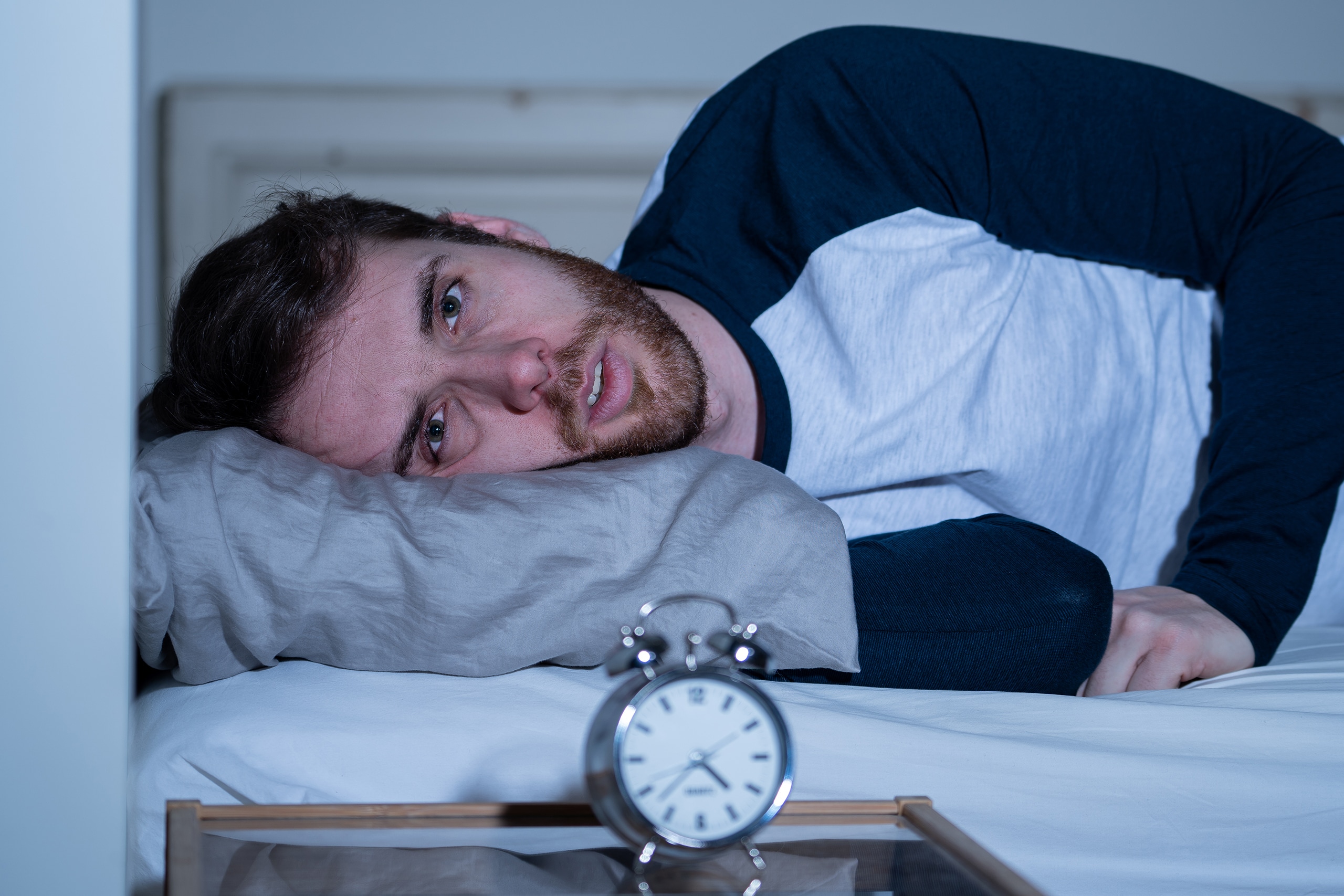Can Insomnia Go Away?
Insomnia is a very common sleep disorder that makes it very difficult to fall asleep, makes it hard to stay asleep, and can even cause you to wake up too early and be unable to go back to sleep. There are many different causes of insomnia as they are not all the same. Everyone experiences this condition in distinct ways. Short tern insomnia only happens over a short period but long-term insomnia will last for three months or more. Insomnia can be prevented by doing or not doing certain things before you go to bed. Follow these tips below for a more restful night of sleep.
Tips for Preventing Insomnia
- Keep up with regular sleep hours. Making sure you go to bed and get up at about the same time every day will keep your body in sync so that you can sleep better. Be sure to choose a time when you are most likely to start feeling tired and sleepy. This also includes weekends when most people are more likely to stay up later and sleep in longer.
- Create an environment that promotes sleep. Your bedroom should be a peaceful place. Lighting and noise should be controlled so your sleep environment helps you fall asleep easier. Be sure that your bed is also comfortable. Many people have a hard time falling asleep or staying asleep if their mattress is not comfortable for them. Make sure to also avoid screens like televisions, phones, or computers right before bed as the blue light coming from these devices can interrupt your sleep cycle.
- Cut down on your caffeine intake. Drinks like coffee, tea, energy drinks, and soda, especially in the afternoon and evening, can interfere with the process of falling asleep and can disrupt your ability to have restful sleep. Caffeine is a stimulant and will keep you awake.
- Don’t over-indulge in things like food or alcohol, especially at night as it can interrupt your sleep patterns. Especially avoid foods and drinks that are high in sugar. Eating late at night can be difficult for your digestive process. Alcohol itself may be a sedative that can make you feel sleepy, but it actually will disturb your sleep cycle and causes you to have non-restorative sleep.
- Take the time to relax and turn yourself down before bed. Doing things like enjoying a warm bath, listening to gentle music, or meditation are relaxing for the mind and body and put you in a place to go to sleep. Most people deal with a lot of stress during the day, and it can be hard to turn that stress off at night to get healthy sleep.
- Make sure you are exercising regularly. Getting moderate exercise, like walking or swimming, regularly not only relieves tensions throughout the day but also tires out your body in preparation for a restful night of sleep. It is important not to vigorous exercise too close to your bedtime because it can cause you to stay awake.
How Does Insomnia Affect You?
In a lot of cases, making changes to your lifestyle can relieve insomnia, but if insomnia persists after trying all of these things, there could be an underlying issue that is causing your sleep disorder. If symptoms continue for more than a few weeks, it is time to consult with a doctor. Restful sleep is just as important to your health as physical activity or a healthy diet. No matter the reason for insomnia it can affect a person both physically and mentally. Good sleep habits can promote restful sleep and prevent insomnia.
Medically Reviewed: September 25, 2019

Cayla Clark, BA
Medical Reviewer
Chief Editor
All of the information on this page has been reviewed and verified by a certified addiction professional.



